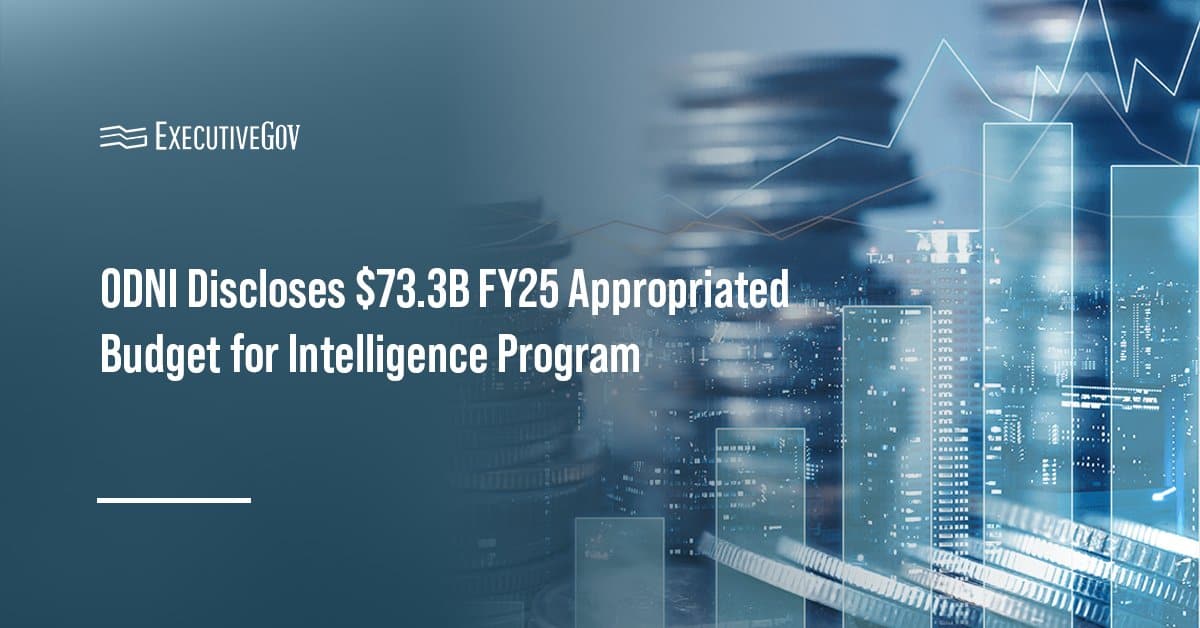A report on the 2021 Artificial Intelligence for Earth System Predictability workshop revealed that workforce development as well as cultural and programmatic changes are necessary in order to align AI missions across government and scientific institutions.
Argonne National Laboratory on Tuesday published information on the five-week virtual workshop, which was spearheaded by the Department of Energy’s Office of Biological and Environmental Research – Advanced Scientific Computing Research program.
The objective of the AI4ESP workshop was to use AI and modern data analytics to more aggressively speed up the advancement of prediction technologies in climate, Earth, and environmental sciences. BER dubbed the workshop’s process as a Model-Experiment paradigm.
The event focused on 17 topics and nine points of interest, including climate variability and extremes; land, oceans and ice; hydrology, watershed science and coastal dynamics; and climate variability and extremes. Experts discussed the potential of neural networks, knowledge-informed machine learning, and other AI technologies to aid research in the environmental fields.
“We need new AI methodologies that incorporate process understanding and respect physical laws to make predictions of Earth system behavior scalable, trustworthy and applicable under future climate regimes,” said Charu Varadharajan, leader of the Lawrence Berkeley National Laboratory’s Earth AI & Data Program Domain. “This workshop is unique in discussing how AI could improve models, observations and theory incorporating DOE’s ModEx approach.”
The application of artificial intelligence in Earth science as well as other fields will be further discussed at the Potomac Officers Club’s 4th Annual Artificial Intelligence Summit, which will be held on Feb. 16. Click on the image below to register.





